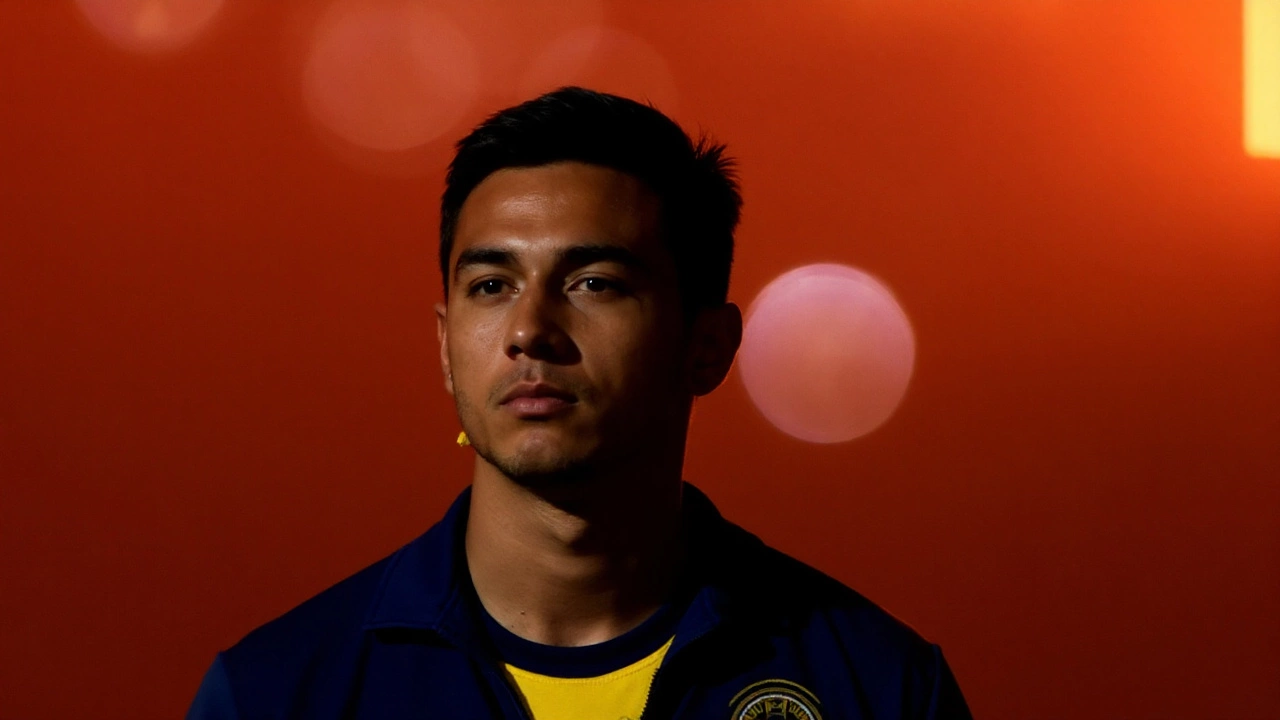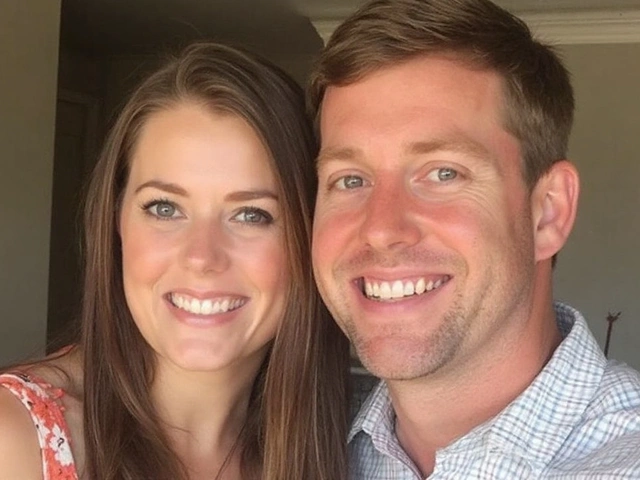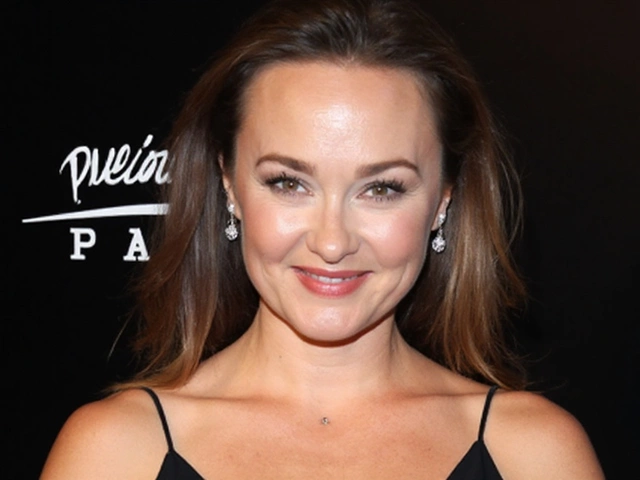Juárez’s message before América–Toluca second leg
The biggest figure in this final might not be a striker or a playmaker. It could be the referee. With América and Toluca locked in a tense title fight, América midfielder Ramón Juárez has asked for fair, steady officiating after a first leg that stirred fresh debate. His point was simple: keep the game about the players, not the whistle. For a fan base that has lived this debate for years, it hit a nerve.
Juárez’s comments didn’t come out of nowhere. They follow a run of high-stakes moments that kept pulling the conversation back to Liga MX refereeing. The flashpoint most fans remember is the 2024 final against Cruz Azul. Referee Marco Antonio Ortiz, after a VAR check, gave América a late penalty that sealed a 1-0 win and a 15th league title. Ex-referees and analysts blasted the decision, arguing the contact was minimal and possibly drawn by the attacker. The call stood, but the trust took a hit.
Then came the March 2025 meeting with Toluca, a night of whistles, cards, and finger-pointing. The game was labeled a “match full of controversy,” with tempers running hot and both benches on edge. That energy carried into the current final. The first leg brought more disputes around key decisions and game control. Players pleaded for consistency. Fans, depending on their colors, saw bias or incompetence. The temperature was up before the ball even rolled for the second leg.
Why do Juárez’s words matter? Because América sits at the center of this storm. The club is Mexico’s most decorated, owned by Televisa, and that combination fuels a constant storyline among rivals—claims of favoritism when the pressure peaks. Every close call feels louder around América. When the margins are tight, the narrative writes itself.
Inside the league, the conversation is more technical than conspiratorial. Officials talk about uniform standards, the threshold for VAR intervention, and how to keep reviews fast without skipping angles. Everyone knows the job is hard: quicker, stronger, more sophisticated attacks meet handball interpretations that change with guidance and global trends. One replay angle looks like a penalty, another looks like a dive. Get it wrong in a final and the season is remembered for the headset, not the football.
The first leg is now a caution sign. Not just because of specific calls, but because of how the game felt. Long stoppages hurt rhythm. Early cards can box a referee in for 90 minutes. Late cards can look like makeup calls. Communication—who gets a warning, who gets a booking—shapes the match just as much as a foul in the box.
The bigger fight: trust in officiating and what to watch
Officiating trust is fragile in Mexico right now. Club leaders keep asking for consistency. The referees’ commission defends its crews and says the process works, even if not everyone loves every outcome. Supporters want two things: clear standards and quick decisions. Players, especially in finals, want a simple bargain—if they adapt to the ref’s line early, that line won’t move late.
So what will decide the second leg, beyond tactics and talent? Keep an eye on these pressure points:
- Early game control: A tight whistle in the first 15 minutes can cool a tense match. A loose one can invite payback fouls and force bigger decisions later.
- Penalty threshold: Contact in the box is the flashpoint. Referees must separate light touch from a foul that clearly affects play, and VAR should only step in for clear misses.
- Handball interpretation: Is the arm in a natural position? Did the ball deflect off another body part first? These details are decisive and often misunderstood in real time.
- Simulation and embellishment: Finals bring gamesmanship. Early warnings for diving can help. If players trust they will get calls when fouled, the theatrics drop.
- Time management: Long VAR checks and injuries stack up. Transparent, accurate stoppage time reduces anger on both benches.
- Communication with captains: Calm, direct talks with leaders can settle teammates and reduce needless yellow cards.
There’s also the human side. Referees feel the noise too. Assigning an experienced crew, keeping the VAR protocols tight, and avoiding overreach matters. The sweet spot is clear: let the best players decide the game while stepping in hard on reckless challenges and obvious fouls.
For América, this is about protecting momentum without feeding the favoritism storyline. For Toluca, it’s about believing the field is level and making it obvious with intensity and discipline. Both teams have the weapons to win this on merit. The danger—for everyone—is when the final headline is about a screen freeze in the VAR booth.
Juárez’s call for fair officiating is not a swipe; it’s a plea for a predictable match. After a first leg wrapped in debate, a straightforward second leg would help the league, the players, and the fans. Finals should be remembered for goals and saves, not frame-by-frame debates. Give the game a steady whistle, and the football can do the rest.





